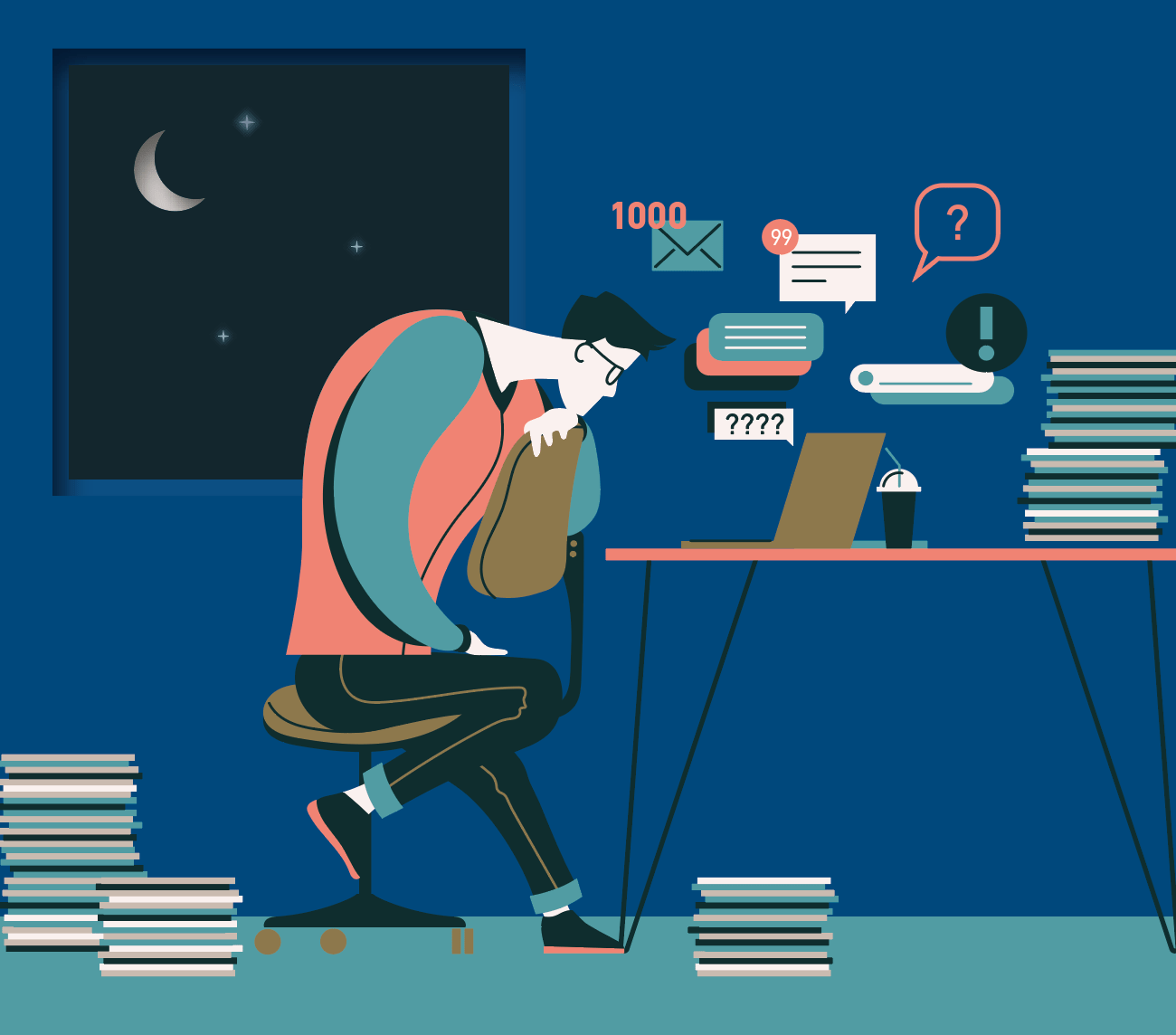If constantly having trouble meeting your 2359h deadlines sounds familiar to you, you may be a procrastinator. Here are some tried-and-tested tips for kicking the habit
by Joelynn Tan / Illustration by Don Tan

1. Identify your productivity cycle
Know your most productive hours. Are you an early bird who works better in the morning, or do you prefer the still of the night? Do you prefer absolute silence (such as in the library) over ambient noise in a café? When you embed a process into a productivity cycle, you reduce the emotional dread around unpleasant tasks.
2. Know what distracts you
By identifying what distracts you, you can take steps to change your circumstances and make these temptations less convenient. For instance, if you compulsively check social media, delete those apps from your phone. Remove roadblocks in your environment that may be thwarting you. If a messy desk unsettles you, for example, make an effort to tidy up your surroundings before studying.
3. Create a to-do list
Every Monday, I make a to-do list for the week. I break down the tasks that sound daunting into smaller, manageable steps that are distributed throughout the week. This exercise should end with rigorous prioritising of tasks, based on how urgent and important each task is. The Eisenhower Matrix is a good tool to use.
4. Just get started
It may seem the hardest part – but just get started. I set a timer for 10 minutes and push myself to commit all my attention to my work within this time. If you think about it, 10 minutes is just the duration of three songs. When the timer goes off, I can choose to stop, or let my momentum take me forward. Either way, I would have made progress.
5. Be kind to yourself
If you find yourself procrastinating, self-compassion might be the key to getting back on track. Research has shown that those who forgave themselves for sidetracking on a task were less likely to procrastinate on the same task in the future. Who knew forgiving yourself could reduce the guilt over procrastinating, and help you get started pronto.
According to School of Social Sciences student care manager Elsie Low, when we procrastinate, we may be trying to avoid an unpleasant task by doing something else. She suggests we ask ourselves these questions to understand what is causing us to put things off.
1. Why am I feeling this way?
2. What is happening to me?
3. Have I been like this before?

This story was published in the Aug-Sep 2021 issue of HEY!. To read it and other stories from this issue in print, click here.

